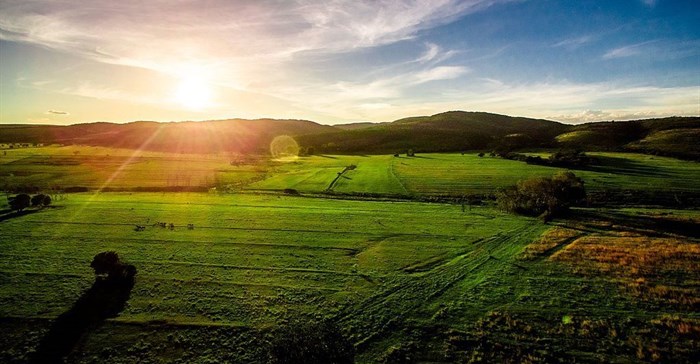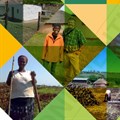
FSA responds to advisory panel report on property rights
According to Francois Wilken, President of Free State Agriculture (FSA), FSA remains opposed to expropriation without compensation (EWC) and issues surrounding it will also be discussed at the annual FSA congress, which takes place between 7 and 8 August 2019 in Bloemfontein. "We share the view that the amendment of Section 25 of the Constitution is unnecessary and will further increase the associated risks in as far as the protection of property rights are concerned," says Wilken.

Eddie Oosthuizen via Wikimedia Commons
The much-anticipated panel’s report and an alternative report highlighting the role of the private sector, which was acknowledged by President Cyril Ramaphosa, was released on 28 July 2019.
"Furthermore, we are of the opinion that should government proceed with this intended process, the results will be catastrophic, to say the least," says Wilken. "If there are no farmers to produce the food, who will have food to vote for the politicians that are driving this ill-advised plan? No farmers equals no food."
The matters of the constitutional imperative for land reform, agricultural sector transformation and how the EWC narrative has monopolised an extremely complex issue, are all on the agenda at the upcoming FSA congress.
Prof Danie Brand, director at the Centre for Human Rights at the University of the Free State, is a constitutional expert and will talk about the processes of expropriation and how the process for EWC will look if constitutional changes are to be made. Dr Frans Cronje, CEO of the Institute of Race Relations, will, in turn, give the facts of what can happen if EWC is allowed in various forms.
FSA also considers the motion in parliament, which was announced on 25 July 2019, as a direct attack on property rights. Wilken believes this shows, despite all the catastrophic consequences, that the governing party still clearly wants to continue with the harmful amendment to the constitution, despite all the disastrous consequences.
According to Wilken, FSA remains committed to the sustainability of agriculture in South Africa. "We want to make it clear that Free State Agriculture will do everything in its power to protect the rights of its members and farmers by opposing any amendment to the constitution."







